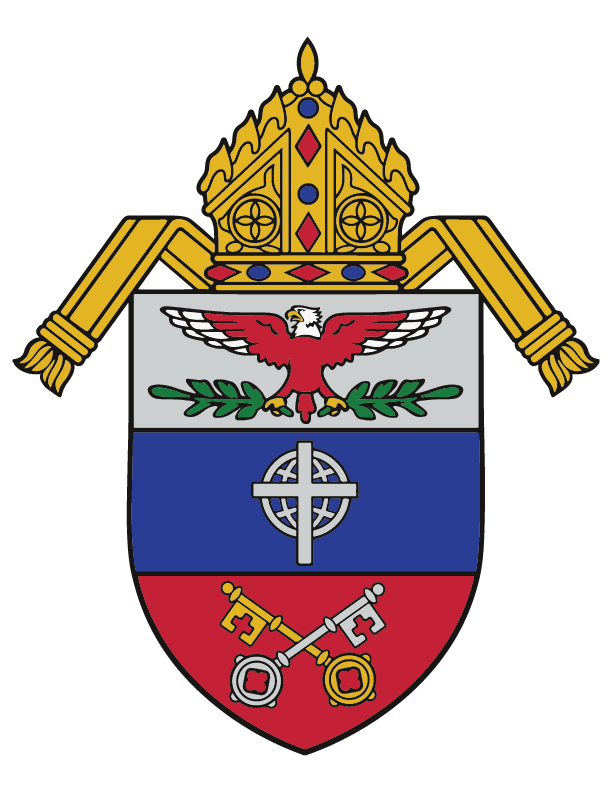By: Adamo Manfra
We Will Never Forget. This message, often abbreviated WWNF, is a common mantra among service members when fellow servicemen are lost—whether in training, combat, or otherwise. In my own squadrons there have been too many occasions to appeal to this sentiment: from aircraft mid-airs to aircraft lost in rough conditions during humanitarian operations and so on. WWNF is a meaningful and honorable attitude to embrace in such times. But what do we—those who continue on in the cloth of our nation—mean when we say “We Will Never Forget”? Obviously we cannot mean that we will have our fallen brethren at the front of our minds all day every day. Instead, we indicate our intent to honor them, their service, and their sacrifice. It is reminiscent of the message that then-Major General Dempsey gave soldiers in Iraq after they experienced losses among their ranks: “Make it matter.”
Practically speaking, our efforts to honor our fallen warriors are often most visible by the way we care for their remains from death to burial. I imagine that a great number of those who will read this have first-hand knowledge of such experiences. Along with you, I can attest that unit ceremonies, whether stateside or forward-deployed, are a fundamental demonstration of the honor we give to our brethren who have died. They serve as opportunities for the unit to display the respect due to the fallen and for the unit to support each other in time of loss. Flights transporting military remains are respectfully known as angel flights. Diligent CACO efforts and military honors given at services with the family function to extend our honor and respect to the loved ones left behind. While nothing we do could compensate for the loss experienced by family members, a well-executed and honorable funeral and burial service often provide great comfort and support to the families.
All of these are great examples of the ways we honor—and do not forget—our fallen. But as Catholics, we are not called to have reverence and respect only for our fellow servicemen who have died. Consideration of the care for and burial of the deceased can be found in Scripture as early as the book of Genesis when Abraham asks for land for the burial of his dead. The value of proper burial and the curse of having no one to bury someone are also found in the historical books of the Old Testament, especially 1 and 2 Kings. We also have the example of Tobit whose great virtue is extolled, and explicitly included among his good works is his ‘courage in burying the dead’.
As Christians, we know that death is not the end. God’s judgment and, even more so, His mercy await all men at their death. In light of this awareness, and with hopeful anticipation of the resurrection, we are called to care for the bodies of the dead. This is especially true for our brothers and sisters in Christ. In the Order of Christian Funerals we read, “At the death of a Christian, whose life of faith was begun in the waters of Baptism and strengthened at the Eucharistic table, the Church intercedes on behalf of the deceased because of its confident belief that death is not the end, nor does it break the bonds forged in life” ; “Christians celebrate the funeral rites to offer worship, praise, and thanksgiving to God for the gift of a life which has now been returned to God” ; and “The Church through its funeral rites commends the dead to God’s merciful love and pleads for the forgiveness of their sins.”
But even beyond the Christian faithful, we know that man is made in God’s image and from this all men and women possess great dignity. As Pope Saint John Paul II explains, “The dignity of the human person is a transcendent value, always recognized as such by those who sincerely search for the truth. Indeed, the whole of human history should be interpreted in the light of this certainty. Every person, created in the image and likeness of God (cf. Gen 1:26-28) and therefore radically oriented towards the Creator, is constantly in relationship with those possessed of the same dignity.” Further, we read in the Compendium, “‘God shows no partiality’ since all people have the same dignity as creatures made in his image and likeness… Since something of the glory of God shines on the face of every person, the dignity of every person before God is the basis of the dignity of man before other men.” This is why, through the centuries, Christians have served in various ways to assist in the burial of the dead. Numerous burial confraternities have existed even dating back to the Roman times. The most prominent group known for this ministry is the ‘Misericordia’ in Florence, Italy, which, though founded in the 13th century, still exists today.
None of this should be seen to undermine or contradict the ceremonial military customs we practice when honoring the lives of our fellow servicemen. Indeed it should be the opposite. As Christians we know that the true human dignity of our fallen brethren comes from their being created by God and for God. This truth, when accepted and appreciated, should only increase the care we give to honoring them in death and help us to rightly appreciate that whether a general, corporal, unknown soldier, or civilian, we should honor the lives of all our fellow man in their passing.
